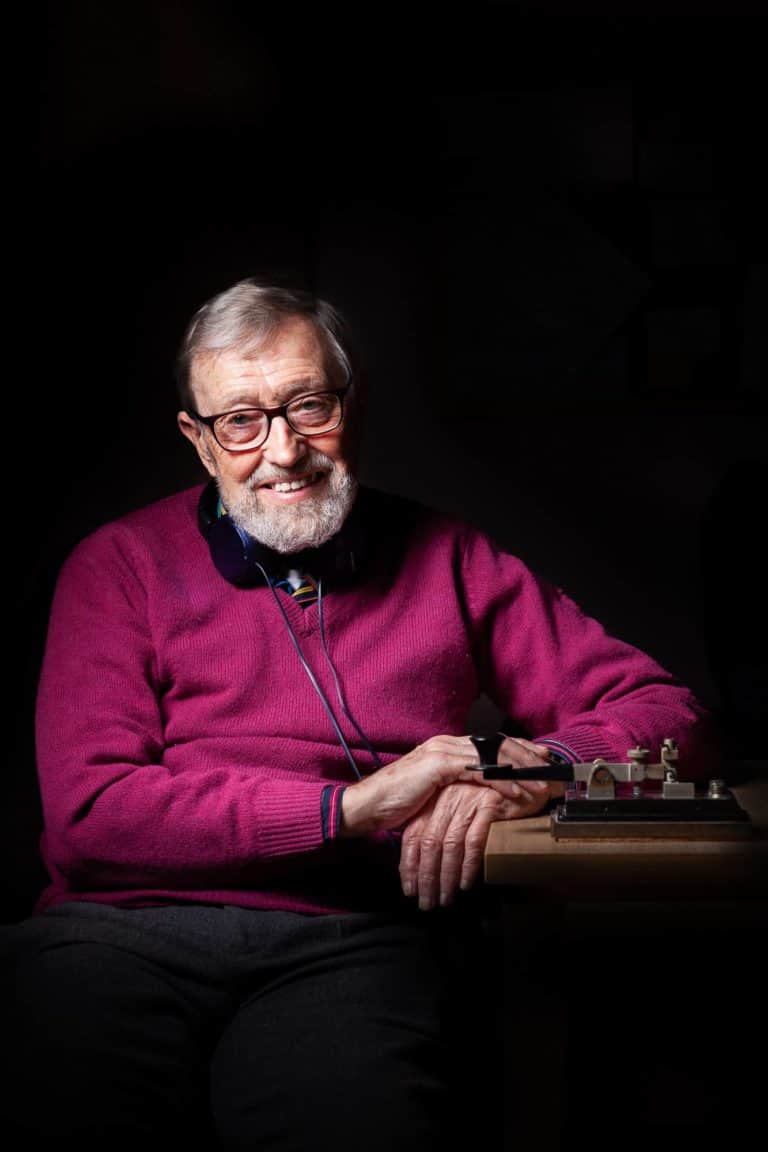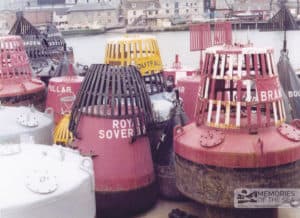Edward Sandle on Navigation
Well, it was a Marine Radio, marine radio communication between the ships coming into the Channel and going up to London and other ports and also it was for safety.
We maintained a watch on three different frequencies but it was mainly … we had VHF and medium wave that was being listened to all the time and if we received an SOS or any urgency signal, we then stopped everything else and we carried on, we dealt with that and we passed it using our teleprinters, we passed it on to the Admiralty, Coast Guard and Lloyds, usually Lloyds, and then they would organise the rescue response to it.
When the Coast Guard got more active, and the rear guard is encroachment, but they took over the VHF Channel 16, they took over for some of that watch. We were made redundant in a way from that. Also, the medium wave, they kept watch on that.
But ships, when satellite communication came in, there was less and less use of radio between ships and shore and they were using satellite communication, so all the Coast Stations throughout the country declined and that was … the Niton one was manned and operated from somewhere else then, it was a satellite and another Station so we all became redundant eventually.







